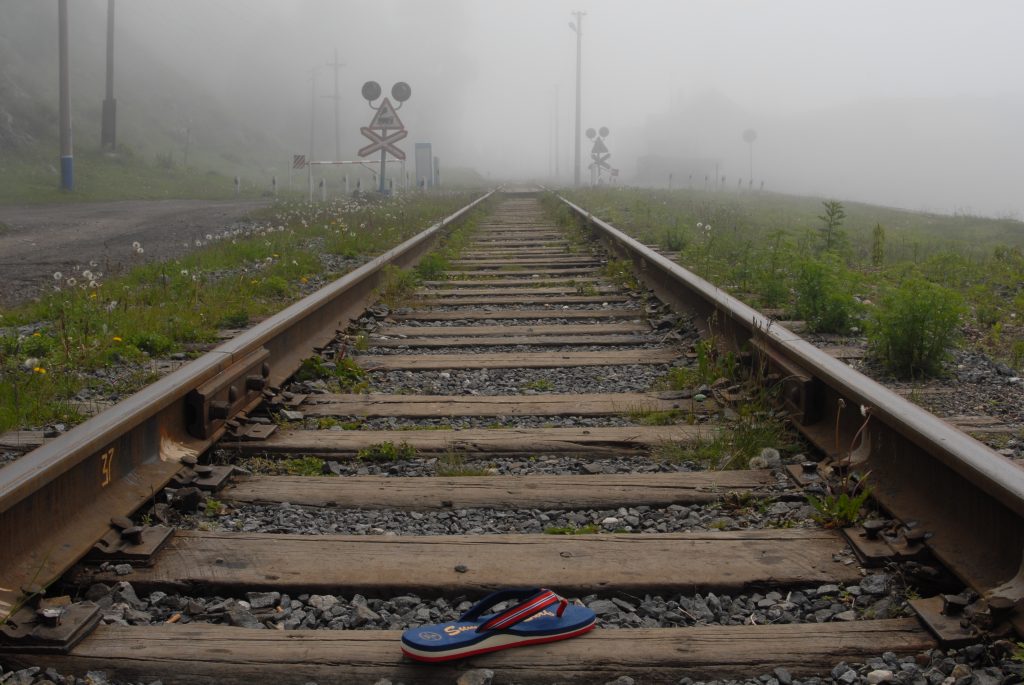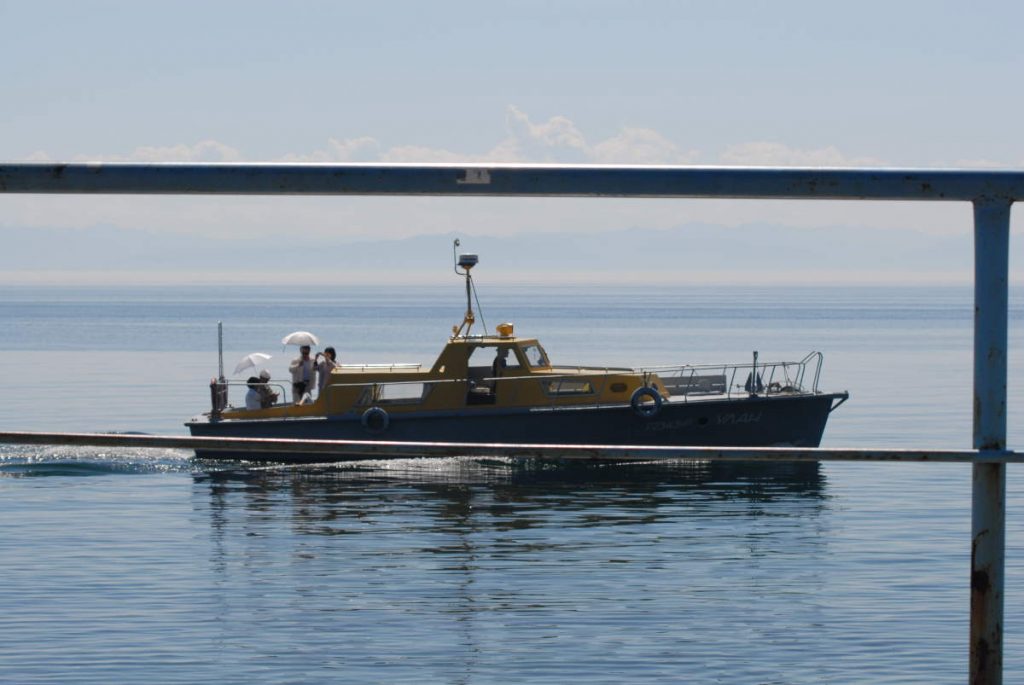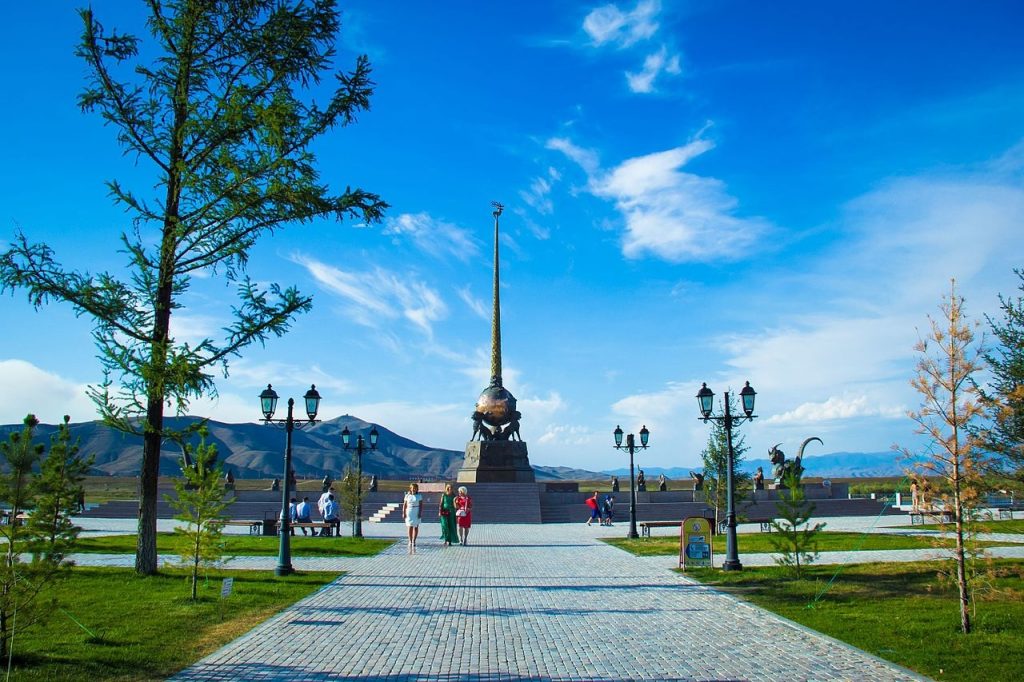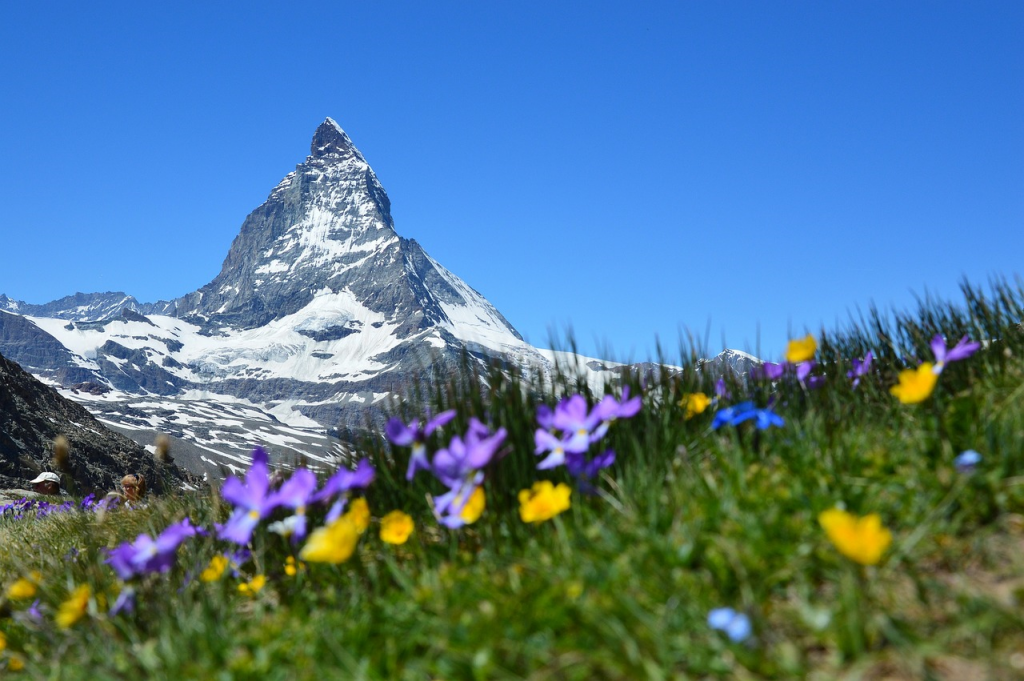
From Falco to Mozart
These two Austrian musical figures have more than a few things in common – and their legacies live on. Many thanks to Lonely Planet for permission to republish my essay from the upcoming Austria travel guide. Read the article.

10 Great Railway Rides Europe
Along with the 10 mentioned in the article I wrote for Lonely Planet, I’ve had a few other railway rides that were “great” for reasons other than astounding landscapes, especially on Russian trains in Siberia. But that’s another story. Check out my bucket list of Europe’s most scenic train journeys: 10 great railway rides for 2023 on the Lonely Planet website. Read the article

The Most Beautiful Woman in the World (or I’m in the Wrong film)
Many thanks to Lonely Planet for permission to publish this short story here. It was first published in Unpacked Again, an anthology of travel writing. Read

High Seas Pleasure Seekers in Siberia
Ever since European Russians settled Siberia from the 16th century, eccentric travellers have been drawn to the subcontinent. Some of these were Russians. Others were foreigners. As the 20th century approached, a wave of foreign explorers and tourists set out along Siberia’s northern coastline. Read

Fear and Loathing in Tuva
When it comes to Russian cities, Kyzyl is no gem even by Siberian standards. Hot, dry, swirling with dust and flat as a pancake, it is the capital of Tuva, an obscure republic in southern Siberia inhabited by a people that speak a Turkic language, have strong cultural links with Mongolia and are by and large Buddhists. It is one of those obscure places that only rates a mention when trouble of some kind strikes. And trouble – at least for the local Russian population, which now makes up 32% of the population – struck in a big way in 1990, when the indigenous Tuvans rioted and tossed out about 3000 skilled Russian workers.
Read Fear and Loathing in Tuva, a travel short story I wrote for Lonely Planet’s “Unpacked” anthology.

Spooky Switzerland
While researching an essay for the new edition of “Switzerland” (Lonely Planet), I came across an oral myth told by alpine shepherds in the canton of Waadt. With a lot of creative license, I turned the myth into a ditty of rhyming couplets, highlighting the spooky side. Read
Outtake – Siberia, A Cultural History
The brief from my publisher said ‘about 80,000 words’. I gave him much more than that and he only mildly protested. But a couple of pages from the Lake Baikal chapter did end up on the cutting room floor because they didn’t really fit in with the rest. Use it somewhere else, he suggested. He was probably right. So here it is, a description of some hikers from Moscow whose company I enjoyed on a boat ride to Bukhta Peschanaya (Sandy Bay), one of Baikal’s prettiest beaches.
Read the outtake
In the Press – Bruce Elder, Sydney Morning Herald/The Age
“Haywood takes Siberia region by region, offers excellent and detailed histories larded with interesting quotes from famous writers and travellers (Dostoyevsky’s descriptions of Siberia, where he was imprisoned for four years, are particularly depressing and graphic).
“This book is enjoyable and hugely informative for the armchair traveller and valuable for anyone planning to venture across this vast, mysterious land which is, as Haywood points out, significantly larger than Australia.”
In the Press – Images of Siberia in post-Soviet Writings (Sindhu Janardhan)
“This paper reviews post-Soviet and contemporary representations of Siberia in three different genres: cultural histories, nature writing and travel writing. Of the many works that record the history of Siberia, two recent ethno-histories are particularly significant: the Siberian writer Valentin Rasputin’s Siberia, Siberia (English translation published in 1996) and the Australian author A. J. Haywood’s Siberia: A Cultural History (published in 2010). Both these works take into account the major milestones of Siberian history from the origins of Siberia (as a place inhabited by indigenous peoples) to the present day, with the question of Siberia’s future existence in a globalized world made more problematic in the post-Soviet era.”
